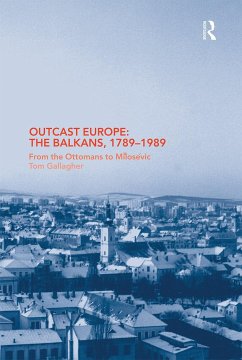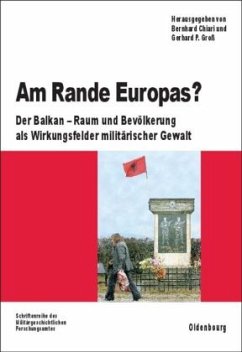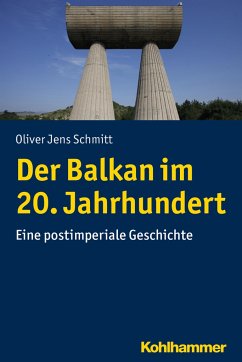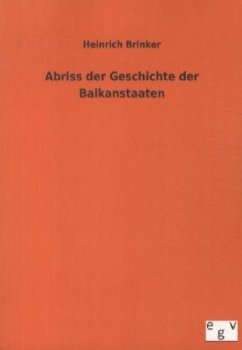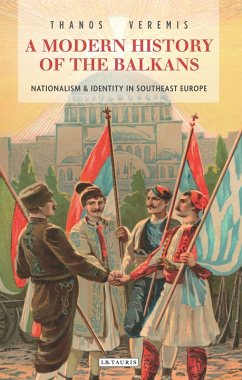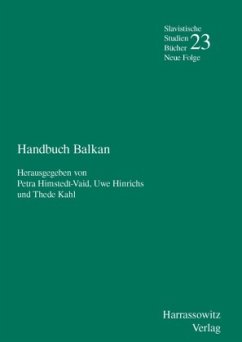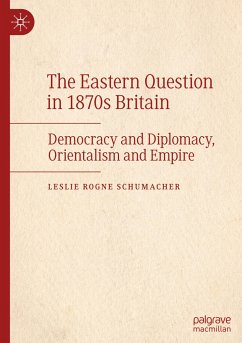Nicht lieferbar
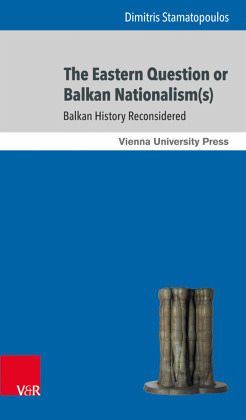
The Eastern Question or Balkan Nationalism(s)
Balkan History Reconsidered
Mitarbeit: Tyran, Jean-Robert
Versandkostenfrei!
Nicht lieferbar
This volume is critical to the two dominant historiographical paradigms on the topic of Balkan revolutions. This new treatment does not adopt a description of the national movements resulting from the dissolution of the territories of the "Sick man of Europe" from the Great European Powers (Eastern Question Paradigm). Nor is it based on the autonomous process of repetitive awakenings of sleeping Nations, drugged from the Oriental influence of their ruler (Balkan Nationalism Paradigm). Instead, the author attempts a classification as well as a new description of the Balkan national movements as...
This volume is critical to the two dominant historiographical paradigms on the topic of Balkan revolutions. This new treatment does not adopt a description of the national movements resulting from the dissolution of the territories of the "Sick man of Europe" from the Great European Powers (Eastern Question Paradigm). Nor is it based on the autonomous process of repetitive awakenings of sleeping Nations, drugged from the Oriental influence of their ruler (Balkan Nationalism Paradigm). Instead, the author attempts a classification as well as a new description of the Balkan national movements as a continuous feedback with the internal sociopolitical schisms in Western Europe, as expressed in the great revolutionary crises from the end of the eighteenth to the beginning of the twentieth century.




